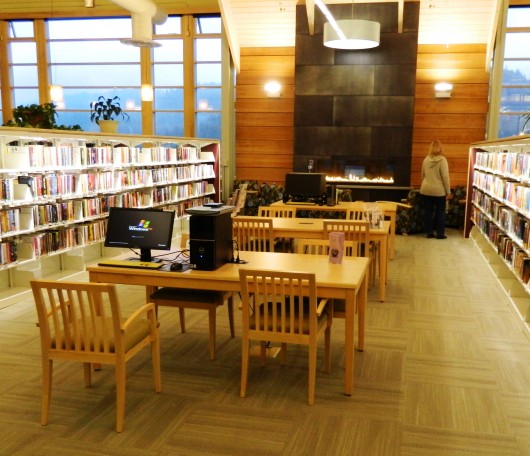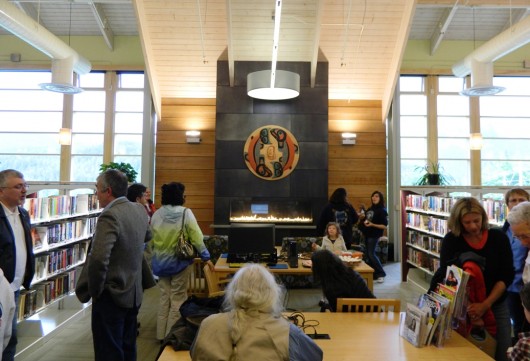The Ketchikan Gateway Borough Assembly kicked off its two-day planning session Friday, providing financial direction to borough management in advance of the Fiscal Year 2016 budget process.
The meeting started with a general budget discussion. Considering the state’s budget woes, brought on by still-decreasing oil prices, Assembly Member John Harrington recommended pessimism.
“We can become much more optimistic if things become more optimistic, but right now, if you expect a cut, build it in. If you expect an increase, don’t build it in,” he said. “I think that’s the prudent thing to do, given the state of the state.”
The Assembly discussed the possibility of raising the borough’s sales tax rate, in order to provide a cushion for future financial shortfalls. However, the majority of the elected members said that now isn’t the time for any tax increases.
The borough’s community nonprofit grant program also was discussed. Finance Director Mike Houts told the Assembly that at the current rate of grant distribution, the Economic Development Fund will be dry by 2018. The Assembly talked about a more stringent application process, and trying to work with the City of Ketchikan to develop a single nonprofit grant program run by both local governments.
Library funding was another discussion topic. The borough provides about $400,000 a year through a nonareawide property tax to help pay for the city-operated Ketchikan Public Library.
Assembly Member Glenn Thompson had asked borough management to provide a spreadsheet showing what city residents pay for library operations through their taxes, versus what is paid by those outside the city. He said non-city resident are paying more than their fair share.
Thompson notes that non-city residents still pay sales taxes within city limits because that’s where most of the stores are located. Last year, the city raised its sales tax rate, which changed the numbers and created what he said is an inequity.
“What happens is, if you look at the per capita, the city is about $80, and the nonareawide is about $135,” he said.
Thompson suggested reducing the borough’s contribution to city library funding, in order to equalize those numbers.
“It may be something as simple as saying, OK, we’re not going to support it to $422,000; we’re going to support it at $245,000, then the overall comes back to the same per capita,” he said.
Assembly Member Bill Rotecki said he appreciates the information, but would like capital costs for the library included in the spreadsheet. He added that the topic should be discussed with the city through the joint city-borough cooperative relations committee before the borough makes a move to reduce library funding.
The Assembly was scheduled to meet all day Friday and Saturday to talk in depth about a variety of topics. As of noon Friday, the Assembly had not yet discussed the borough’s Animal Protection Department or planning for the impending legalization of marijuana. Those topics were scheduled for later in the day.
Saturday’s session will focus on education issues, and will include members of the Ketchikan School Board. We’ll have more from the policy session in later reports.
UPDATE: The Borough Assembly finished up Day 1 of its two-day planning session at about 4:30 p.m. Members asked management to develop a request for proposals for a private organization to run the animal shelter, with the borough maintaining animal enforcement duties.
Assembly members also talked about pot, and while most don’t like the idea of legalization, none spoke in favor of an outright ban. The do want to ban edible marijuana products, though, and limit where commercial pot shops would be allowed. We’ll have a more detailed report on Monday.







